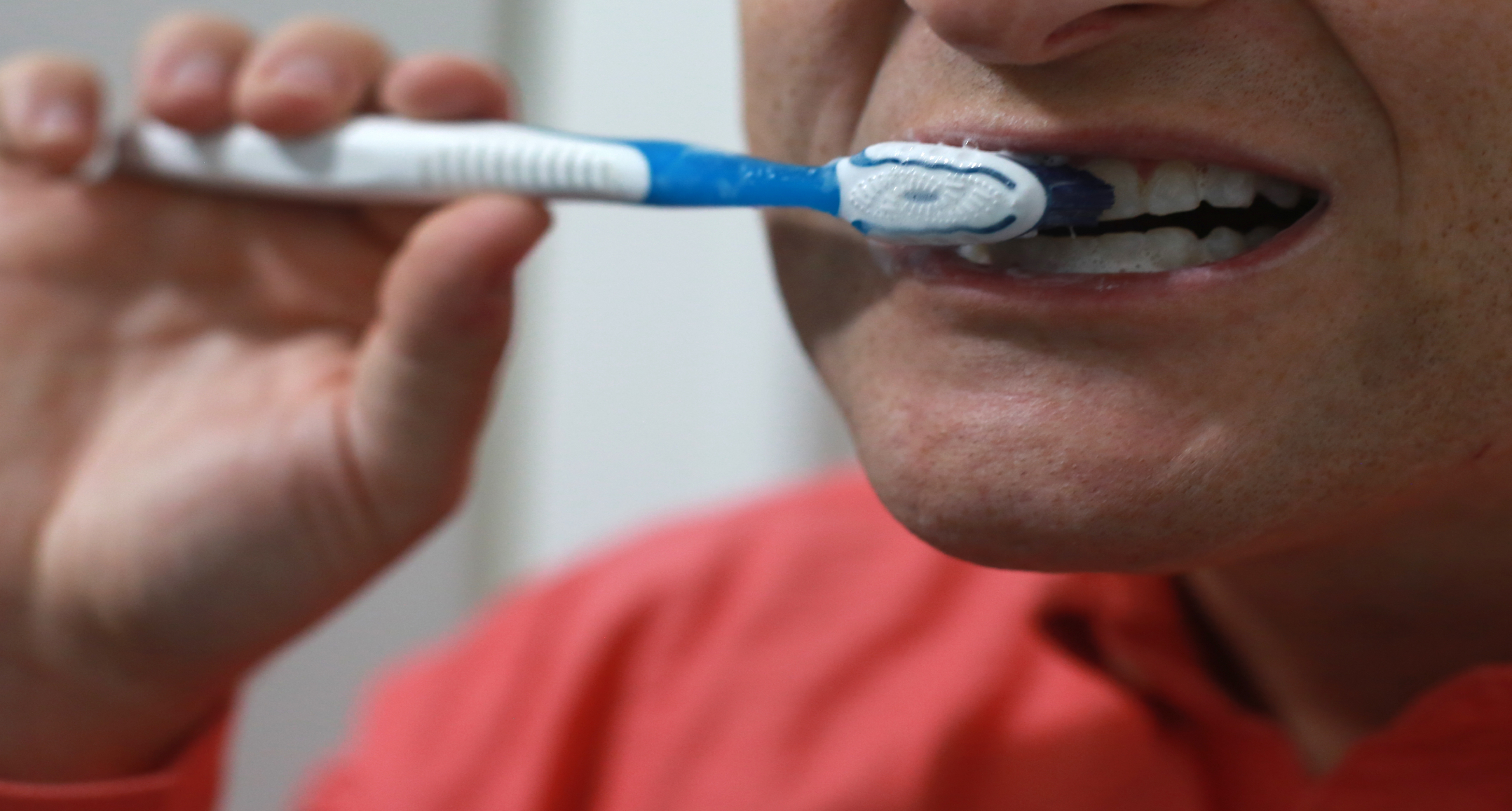¡It is known, as we have already explained in this blog, that inflammatory bowel diseases (IBD) like Crohn’s disease, and ulcerative colitis, are linked to an imbalance in gut microbiota, known as dysbiosis. Nevertheless, the reason explaining this connection remains a mystery for scientists.
It is also known from previous research that oral bacteria do not tend to live in a healthy intestine, which already harbours an abundance of resident microbiota; if healthy, there is no place for more microbes in your gut. Nevertheless, people suffering from IBD have been found to carry increased amounts of bacteria coming from the mouth, which have seemingly infiltrated their gut microbiota.
Antibiotic abuse could disturb the balance found in the intestinal microbiota, thus leading to colonization by oral bacteria
That fact gave a hint to professor Masahira Hattori of Waseda University. He suspected there might be a link and decided to investigate what was going on between oral and gut bacteria—the connection between the two types of microbes and their role in inflammatory bowel diseases.
So, Hattori took some saliva samples from patients with IBD and put them into the guts of germ-free mice. He observed that the transplant led to gut inflammation in the mice in some cases, and he identified a particular bacterial species called Klebsiella pneumonia, commonly found in the human mouth but rarely in the gut, as responsible for the inflammation.
He and his colleagues did another experiment and put the bacteria directly into the guts of healthy, normal mice, and checked that Klebsiella was not able to establish itself in the gut, thus it did not provoke any problem at all. Then, they gave the mice antibiotics and observed inflammation was back when Klebsiella was transplanted.
More in depth, what these Japanese researchers observed is that when the normal gut microbiota was altered, for example due to antibiotic intake, Klebsiella was able to colonise the intestine, provoking an immune response and leading to inflammation—even contributing to the development of a bowel disease in a genetically-susceptible host.
“Our findings suggest that the oral cavity may serve as a reservoir for potential intestinal pathogenic bacteria that can exacerbate intestinal disease”, researchers say in the study.
Crohn’s disease and ulcerative colitis are linked to an imbalance in gut microbiota composition
Scientists point out that intensive use of antibiotics might disturb the gut microbiota balance, clearing the path for potentially pathogenic oral bacteria to colonize the intestine. Thus, according to the authors of the study, «it is advisable to avoid excessive long term use of antibiotics for this reason, even for healthy people».
Also, the researchers think that it may be feasible that in people with IBD or other gut diseases, inflammation creates a more suitable environment for oral bacteria and once these bacteria, like Klebsiella, have colonised the gut, they provoke a long-lasting imbalance of the gut microbiota and inflammation.
Thus, the researchers believe that «targeting oral-derived bacteria, particularly Klebsiella, could provide a therapeutic strategy to correct IBD and many other disease conditions».
Article
Atarishi K, Suda W, Luo C et al. Ectopic colonization of oral bacteria in the intestine drives TH1 cell induction and inflammation. Science, 2017. DOI: 10.1126/science.aan4526


